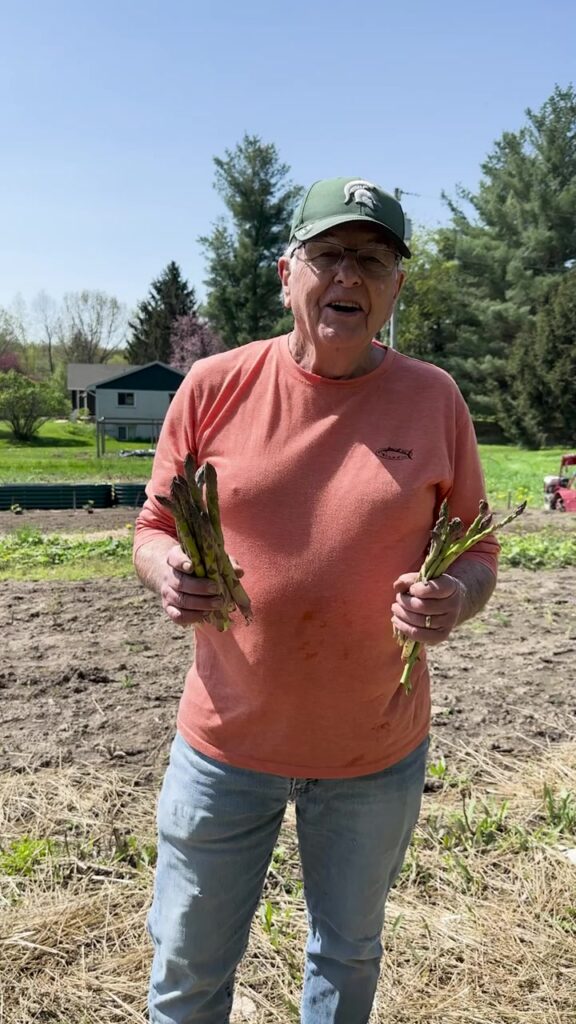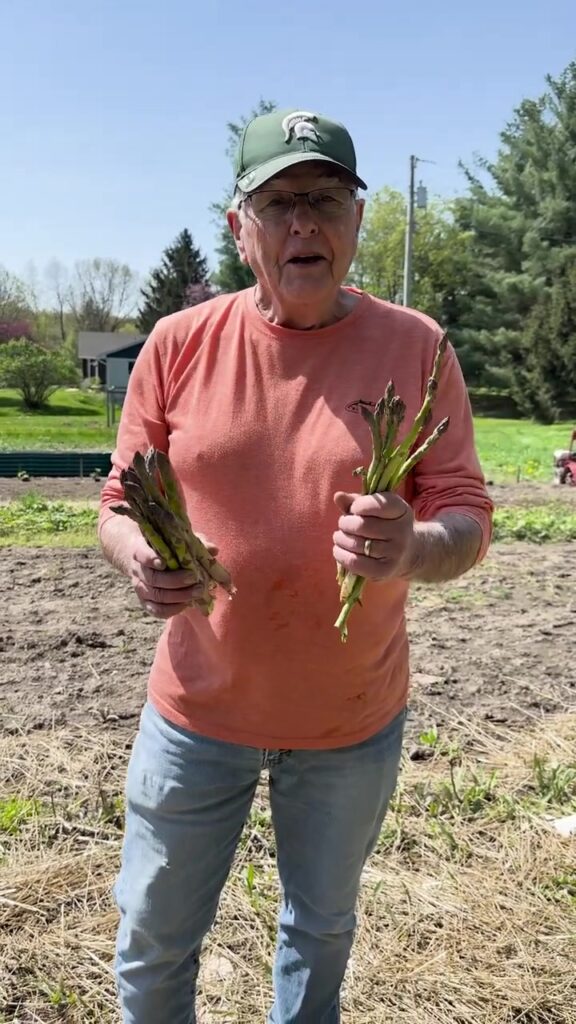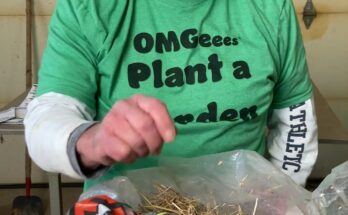Asparagus is a springtime delicacy that signals the start of the growing season. While you can find asparagus at grocery stores year-round, there’s a compelling reason to wait for and choose local asparagus when it’s in season. From better flavor and freshness to environmental and economic benefits, buying local asparagus is a small choice that makes a big difference. Here’s why your next bunch should come from a nearby farm.
Unmatched Freshness and Flavor
Asparagus is a crop that starts to lose its sweetness and tenderness soon after it’s harvested. The sugars in asparagus spears begin converting to starch the moment they’re picked, which affects both texture and taste. When you buy locally grown asparagus, it’s often harvested just hours before hitting the market. That means you’re getting spears at their absolute peak—crisp, juicy, and full of flavor.
Imported asparagus, on the other hand, may travel thousands of miles and sit in storage or transportation for days or even weeks. By the time it reaches your plate, it’s likely to be less flavorful and more fibrous.
Supports Local Farmers
Choosing local asparagus directly supports nearby farmers and their families. Many small-scale farms rely on seasonal produce sales to sustain their operations. When you buy from them, you’re helping keep agricultural traditions alive in your community and ensuring that farmland is preserved for future generations.
Shopping at farmers’ markets or farm stands creates a direct connection between you and the people who grow your food. This transparency fosters trust and appreciation for the work that goes into producing high-quality, fresh vegetables.
Better for the Environment
Buying local asparagus reduces your food’s carbon footprint. Imported asparagus is often flown or shipped from distant countries, such as Peru or Mexico, using fossil fuels that contribute to greenhouse gas emissions. In contrast, local asparagus travels a much shorter distance, reducing transportation-related pollution.
Local farms are also more likely to use sustainable growing practices, such as integrated pest management, crop rotation, and organic methods. Supporting these environmentally conscious growers helps promote healthier soil, cleaner water, and better overall land stewardship.
Promotes Seasonal Eating
Asparagus has a relatively short growing season, typically lasting from early April to June, depending on your region. Buying local encourages you to eat with the seasons, which is better for your health and the planet. Seasonal produce is often more nutrient-dense because it’s harvested at the right time and doesn’t require long-term storage.
Eating seasonally also keeps your meals exciting and varied. When asparagus is in season, it’s a wonderful reason to get creative in the kitchen—roasting it with olive oil and garlic, grilling it with lemon, or tossing it in salads and pastas.
Economic Ripple Effect
The money spent on local produce tends to stay within the community. Local farmers are more likely to reinvest their earnings in nearby businesses, schools, and services. This ripple effect strengthens the local economy and creates more resilient, self-sufficient communities.
Final Thoughts
Buying local asparagus isn’t just a culinary decision—it’s a vote for better taste, a healthier environment, and stronger communities. When spring arrives and the asparagus spears begin to sprout, skip the imported bundles and seek out the vibrant, freshly harvested spears grown close to home. Your taste buds, your neighbors, and the planet will thank you.














